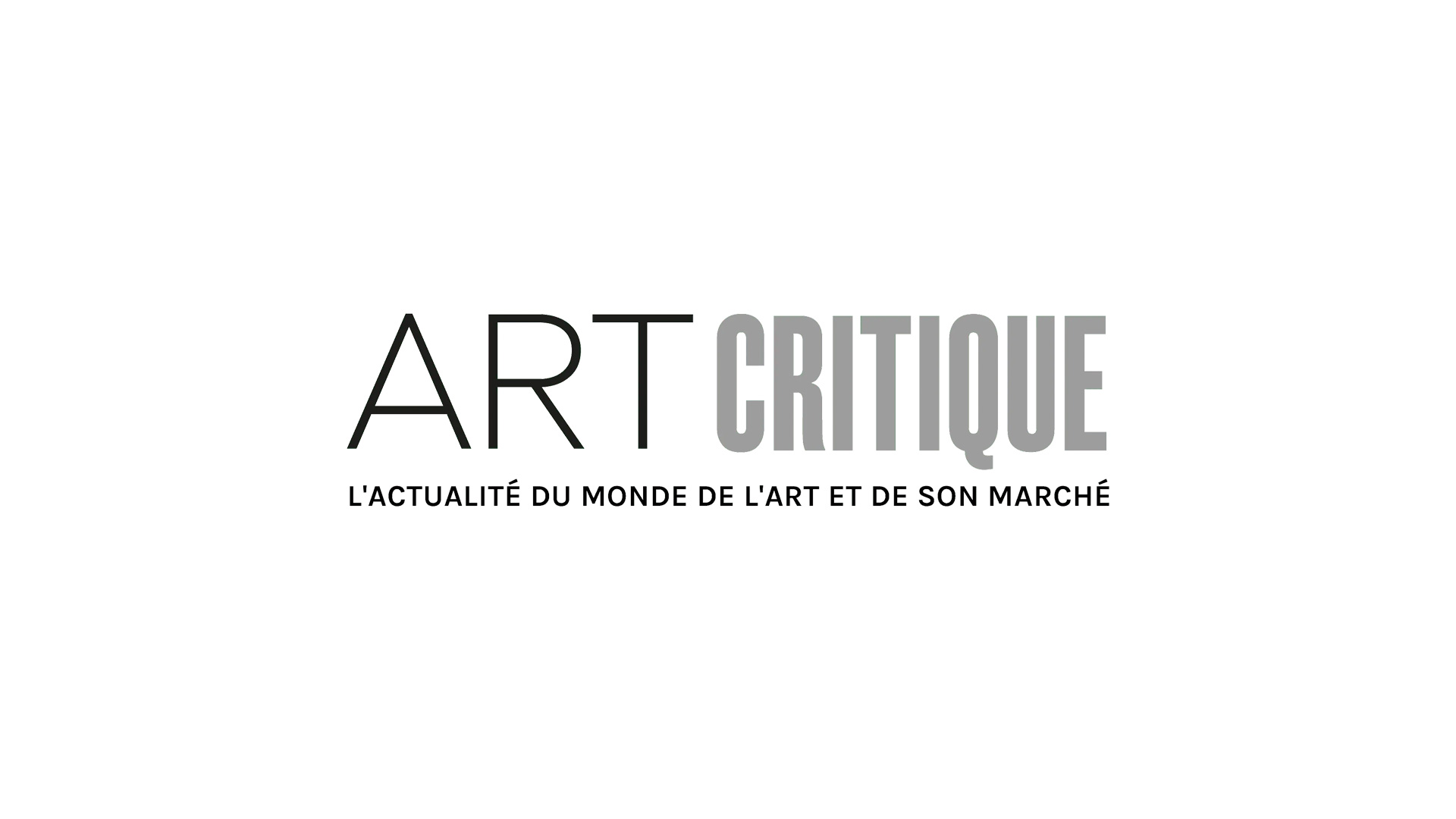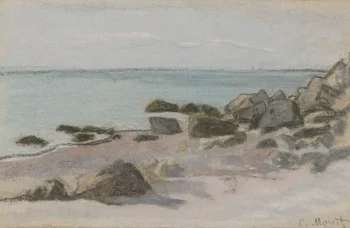Crowd-sourcing is not an uncommon thing these days. Scrolling through any social media you will find posts looking to fund new projects, medical treatment, and any number of causes. However, crowd-sourcing for repatriation is a relatively new issue. Yet, this is exactly what the family of the late, French art dealer Paul Rosenberg is doing.
The paintings in question were stolen from the Jewish dealer in 1940 during World War II when he and his family were forced, like many others, to flee France. His vast collections included works by Henri Matisse, Picasso, and Edgar Degas.
Rosenberg’s family began reclaiming stolen artworks in 1944 when Rosenberg’s son, Alexandre stopped a train leaving Paris in order to seize artworks stolen form his father. Since then, the dealer’s family has fought various legal battles in an attempt to reclaim works. The process, though, has not been easy or straight-forward. In an interview with The New York Times, Marianne Rosenberg, the granddaughter of Paul Rosenberg, spoke of the ‘frustrating’ difficulties of locating artworks saying, ‘[s]omething appears, then it disappears again and you lose it for another 20 years.’
They are in search of 60 remaining artworks from Rosenberg’s collection, but to locate one in particular, they have turned to drastic measures, including crowd-sourcing.

Portrait of Mlle. Gabrielle Diot, an 1890 pastel by Degas, is the artwork in question that has been most elusive. The pastel hung above Rosenberg’s desk in his Paris Gallery before being looted and passed to the hands of the German ambassador. The Rosenberg family would not know the whereabouts of the painting again until 1987 when it surfaced in an art magazine ad placed by Mathias Hans, an art dealer in Hamburg.
While some countries, like the Netherlands, have made recent strides in the restitution of artworks thought to be stolen by the Nazis, others, like Germany, make repatriation a far more difficult process.
This is the issue the Rosenberg’s have run up against. After the Degas was found to be in the hands of Hans, Rosenberg’s daughter, Elaine, called Hans to discuss turning the artwork back over to the family but was not met with the hoped-for generosity. Today, due to German laws on restitution, the family is unlikely to bring a lawsuit upon the art dealer thought to still have the painting after attempted sales in 1987 and 2003 fell through. When Hans attempted to sale the painting in 2003 to a German businessman, the buyer backed out after learning the Degas was on various looted artwork databases.
Since 2016, the Rosenbergs have enlisted the assistance of Art Recovery International, based in London, to help in the process of recovering Portrait of Mlle. Gabrielle Diot. Despite consistent pressure by the organization, Hans has refused to turn the artwork over to the family.
Art Recovery International has thus made a call to the people asking for any and all information on the dealer or the painting. In a statement, Christian Marinello, CEO and founder of Art Recovery International, said ‘Mr. Hans’s behavior belongs to a bygone age and he risks his reputation, and the trust of his clients, by continuing to deceive.’ The organization and family hope that through this crowd-sourcing effort, new information and pressure may speed up the restitution of the artwork.





